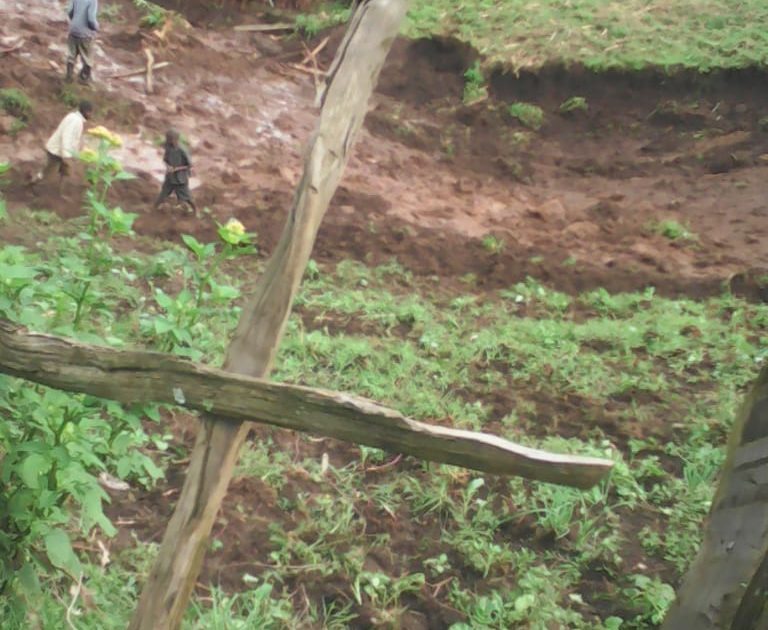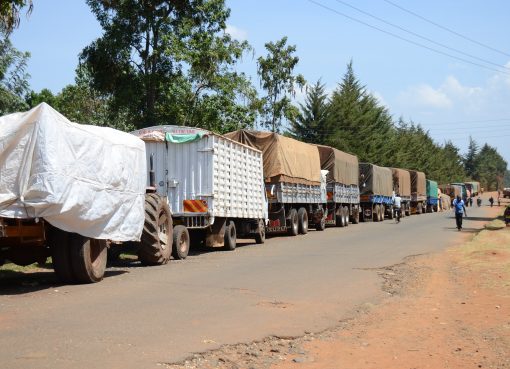Residents of Kilungu, Ukia, and Mbooni Hills in Makueni County have been cautioned about the risk of mudslides during the El Nino rains period expected in the county.
Makueni County Director for the Kenya Meteorological Department, Jonathan Ngayai, said lowlands in Kibwezi East and areas along the River Thwake and Athi will experience flash floods.
He urged residents in flood-prone areas to relocate to safe parts and to avoid crossing unsafe seasonal rivers.
Ngayai said the government has put in place measures to avert the effects of El Nino, urging the residents in the affected areas to take caution and follow the government directives that would be disseminated through the administrative units, local radios, and social media.
“The El Nino rainy season is expected to start in the third and fourth weeks of October and will end mid-January next year, 2024,” said Ngayai while speaking to the media during the Participatory Scenario Planning Workshop on Tuesday at Wote, Makueni.
He added that during the expected rainy period, occasional storms were likely to occur, leading to flash floods and mudslides in the area.
The workshop brings together technical experts, including rainfall observers and agricultural officers, to lead farmers from every ward to develop agro-weather advisories for the benefit of farmers.
“We meet before every season starts to brainstorm on expected scenarios and discuss the types of crops suitable for every ward that will be disseminated to our farmers across the county,” he added.
He said the advisory given would also enable farmers and residents to avert the anticipated dangers of the El Nino rains and minimise the losses.
Consequently, Ngayai appealed to the farmers to take the advice to cultivate the recommended crops in their areas to maximise the rains.
He said the rains might cause flooding in rivers and would affect crops that are near river banks.
Ngayai noted that both the county and the national government have put in place post-harvest measures by providing dryers that would be available for farmers to dry their produce at National Cereal and Produce Board branches across the county.
By Ronald Rono




